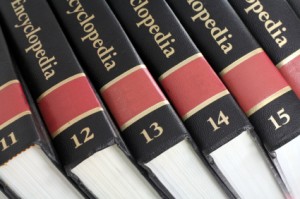Chicago Author-date Style
The Chicago Author-date style apes the Harvard Referencing system, again with minor differences. Whereas the Chicago Footnote System is generally used in the arts, humanities and social sciences, the Chicago Author-date style is more commonly used across the “natural’ sciences, although Biologists also use the Vancouver Style (see a later blog entry for more on … Read more

 Here are guides to some of the most popular referencing styles. It is advisable to check with your University or institution which style they prefer you to use – and be aware that this will
Here are guides to some of the most popular referencing styles. It is advisable to check with your University or institution which style they prefer you to use – and be aware that this will